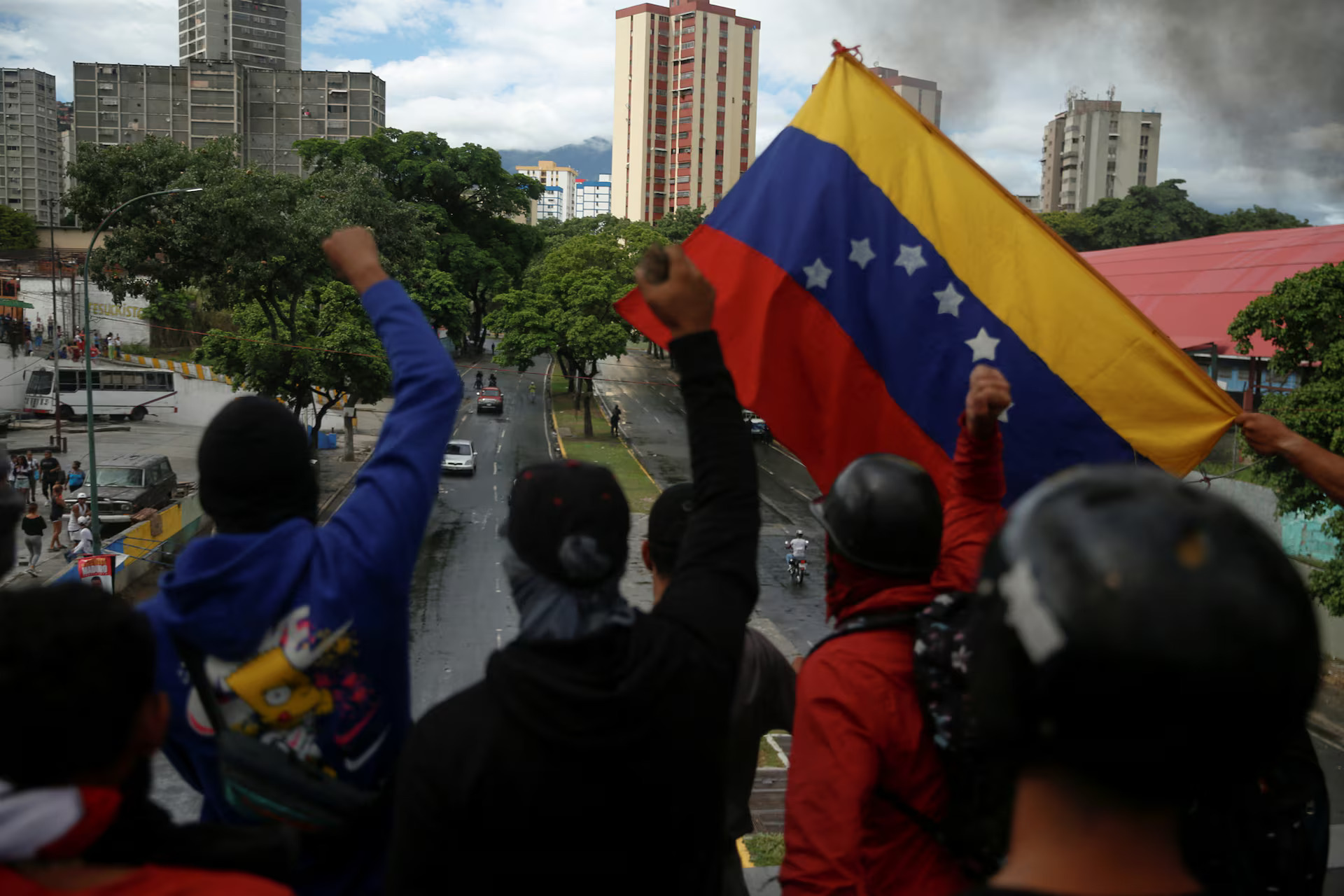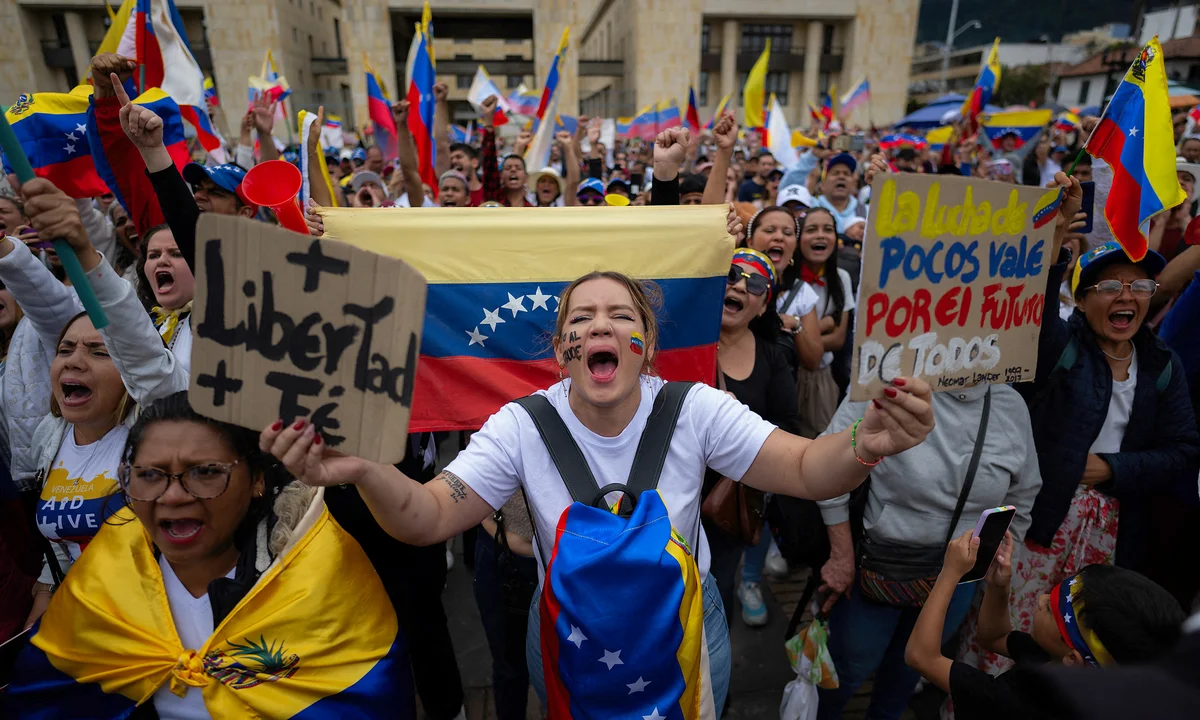Protests erupted across multiple Venezuelan cities after Nicolás Maduro was officially declared the winner of a controversial presidential election. In Caracas, the capital, security forces used tear gas to disperse large crowds, and pro-Maduro armed groups reportedly shot at peaceful demonstrators. Protests also occurred in other cities, including Maracay and Falcón, where demonstrators toppled a statue of Maduro, signaling widespread anger and dissatisfaction with the election results.
Venezuelan authorities responded to the unrest by announcing the suspension of flights from Panama and the Dominican Republic. Analysts warned that if protests against the regime continue, the country could face a new wave of unrest. Historically, such demonstrations have been violently suppressed by the military, which remains loyal to Maduro. Maduro, in a televised address, dismissed the protests as orchestrated by hate-filled criminals with ties to the United States.
The election, overseen by the National Electoral Council (CNE), which is heavily influenced by Maduro, has been widely criticized for alleged fraud. The opposition claimed that their witnesses were barred from the vote-counting process, and there were accusations that the electoral authority manipulated the results in favor of Maduro. The opposition coalition, led by Maria Corina Machado, asserted that their candidate, Edmundo Gonzalez, had actually won the election with a significant majority.

Protests Erupt Across Venezuela After Maduro’s Controversial Election Victory Sparks Unrest
The opposition’s claims of electoral fraud have sparked calls for transparency from international actors, including the United States, which urged the Venezuelan government to release detailed voting data. Other countries in the region, such as Brazil, also called for the publication of complete election results to ensure credibility. In response, the Venezuelan government expelled diplomats from several nations, accusing them of being aligned with U.S. interests.
The Carter Center, one of the few international organizations allowed to observe the election, postponed the release of its preliminary report and withdrew its staff from the country, further complicating the situation. The Biden administration demanded the release of precinct-level results, warning that failure to do so could lead to further actions, including potential sanctions.
The political turmoil in Venezuela is expected to have broader implications, particularly concerning migration. Under Maduro’s leadership, millions of Venezuelans have already fled the country due to economic collapse and political repression. If Maduro remains in power, it is feared that even more citizens will attempt to leave, potentially exacerbating the ongoing migration crisis in the Americas.
The stakes are high for Maduro, who is seeking a third consecutive term. Losing the election could have severe consequences for him, including the possibility of facing charges in the U.S. and the International Criminal Court. Despite the challenges, Maduro’s international allies, such as Russia and China, have congratulated him on his victory, signaling continued support for his regime on the global stage.











































